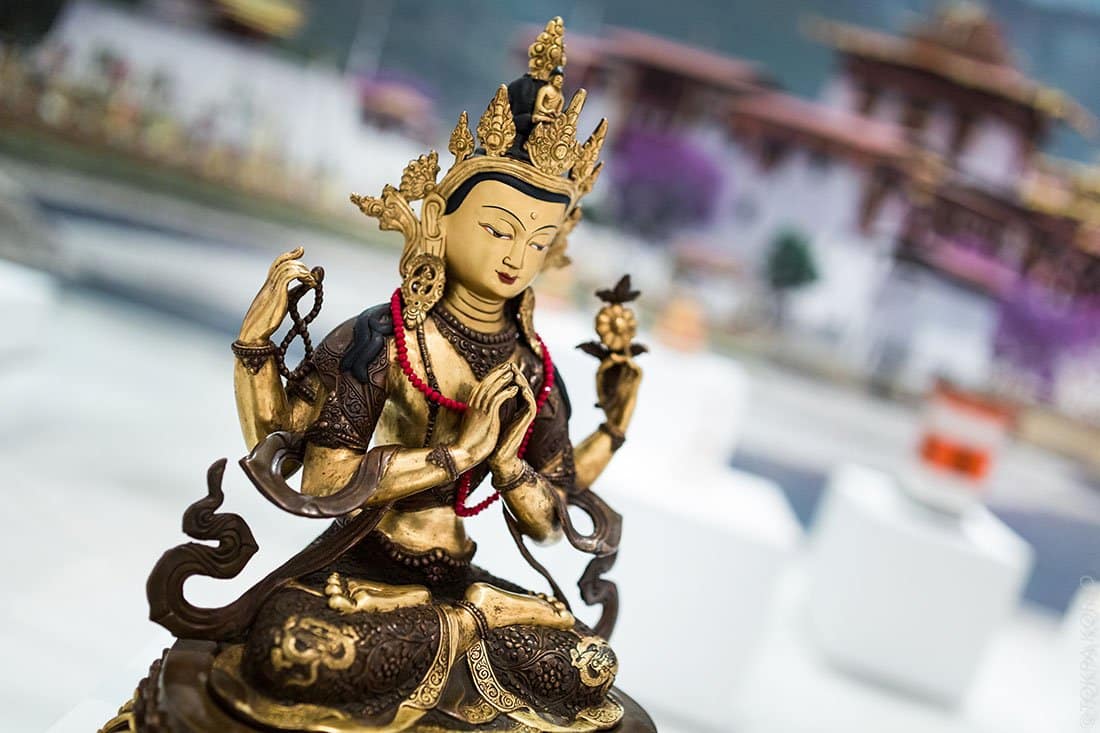How Do Buddhists Explain The Cause Of Suffering?
Category: Buddhist Path | Recent Meditation Posts

The Buddha taught that suffering is caused. Logically, a caused thing will cease if we cease contributing to its cause. Although easier said than done, we can greatly minimize suffering once we understand and address its source. This article explores the Buddhist perspective on the cause of suffering.
- Did the Buddha say life is suffering?
- What does dukkha mean?
- What are the three types of suffering in Buddhism?
- What is the cause of suffering?
- How does attachment cause suffering?
- Is liberation from suffering possible?
Buddhism And The Truth Of Suffering
In his first teaching on the four noble truths, the Buddha proclaimed that to be in conditioned existence is to suffer. Our birth is painful, we experience pain throughout our lives, and no matter how much pleasure or joy we encounter, this life will someday come to an end. Dukkha, the Sanskrit term translated as suffering, dissatisfaction or discontentment, is inevitable in this human realm.
It would be a mistake, however, to think this means suffering is all there is. It’s not. The Buddha also taught that there is a way out of suffering. It is possible to find freedom from our pain. The journey to freedom begins with the understanding that suffering is caused. As a caused thing, the end of suffering also has a cause. The cessation of suffering comes about when the root cause is addressed.
The Root Cause Of Suffering
Buddhism identifies three main types of dukkha, the inherent unsatisfactoriness we know as suffering. The first can be understood as physical or emotional suffering. Some things just hurt. The second is the suffering of change, the truth that nothing lasts forever. The third is framed as an all-pervasive suffering. It is the subtle, ever-present discomfort of living an unenlightened life.
No matter the type of suffering, the root cause of each is ignorance. In a Buddhist context, to be ignorant is to misunderstand the truth of reality. We might logically accept that all things change, for example, but in practice, we forget. We cry out in disbelief when we wake up to a rainy day after a week of steady sunshine. Our discontentment comes not from the rain, but from mistakenly expecting the good weather was here to stay.
The Suffering Of Attachment In Buddhism
When we misunderstand reality, we not only misunderstand where suffering comes from, but where happiness and contentment come from. In our ignorance, we attach our happiness to specific external circumstances. If we feel great when the weather is sunny, we might think sunny days are the cause of our happiness. In our confusion, we become attached to good weather.
Yet some people are unhappy despite the sunshine. Others experience happiness on cloudy days. Our attachment to sunshine is misplaced. Attachment only leads to suffering, because that which we are attached to will ultimately change. Having attached our happiness to sunny days, we suffer when the weather changes. On a deeper level, we are attached to a mistaken perception of reality. This leads to the type of suffering that is with us all the time.
The Suffering Of Clinging To The Five Aggregates
Among our strongest attachments is our grasping to the notion of a separate, unchanging self. Teachings on the five aggregates show how we cling to our bodies, our thoughts and even our consciousness as fixed parts of our identity. Doing so keeps us feeling separate, defensive, and caught in the duality of good and bad, right and wrong. Clinging to a separate, unchanging self leads to suffering.
The Buddha taught that when we discover the true self in meditation, we experience freedom from suffering. In meditation, we can bring awareness to the five aggregates and how they form our sense of self. We develop the insight that the aggregates are fluid and ever-changing. The realization that there is nothing to cling to allows us to let go. The resulting experience of selflessness liberates us from suffering.
Freeing Ourselves From Suffering
Attachment arises from ignorance and both are causes of suffering. We might also say suffering is caused by our own minds, as ignorance and attachment occur in the mind. Our own minds are the problem! The lojong slogan, ‘drive all blames into one,’ reminds us that we are ultimately responsible for our reality. We can interpret our circumstances as inherently awful, blaming external factors for our discontentment. Or, we can train the mind to see things differently.
When we take responsibility for how we interpret our experience, it is empowering. It allows for the possibility that even our worst day has something to offer us that we can learn and grow from. When we take this perspective, all hardships and challenges become transformed. Pain and unpleasantness still exist, but we cease allowing it to define and consume us. In other words, we cease suffering.








